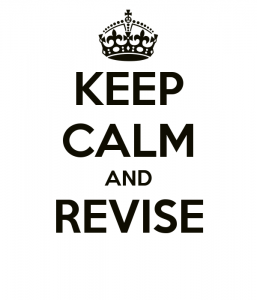The Necessity of Revising
 I had a student a couple of years ago who described herself as a “one-sit wonder.” That is, in all of her previous schooling, she was quite adept at pounding out a more than serviceable paper in one sitting. Once she arrived in law school, she realized that style of writing was probably not going to work. (And, to be fair, it probably shouldn’t work in any other setting, either, but I do realize that it’s the way most students do write.)
I had a student a couple of years ago who described herself as a “one-sit wonder.” That is, in all of her previous schooling, she was quite adept at pounding out a more than serviceable paper in one sitting. Once she arrived in law school, she realized that style of writing was probably not going to work. (And, to be fair, it probably shouldn’t work in any other setting, either, but I do realize that it’s the way most students do write.)
There’s rarely anyone who can pound out what should be considered “final copy” in one sitting. Really good writers realize that writing is a process; the point of that first draft is to give you something to revise. In the writing process, you should be leaving behind a trail of drafts, some of them quite rough, before you finally arrive at the polished final copy.
Why is it important—no, necessary—to revise?


